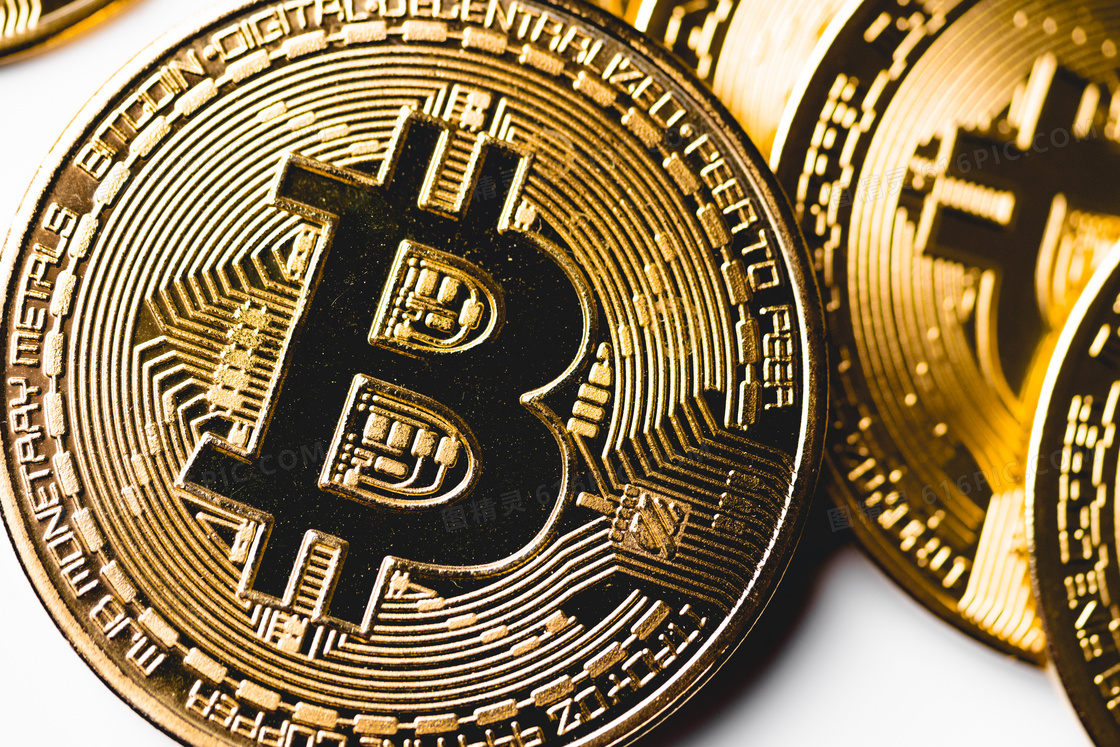Summary
The current volume in the DeFi sector stands at $4.17 billion, constituting 10.2% of the overall 24-hour volume in the cryptocurrency market. In contrast, stablecoins collectively account for $36.65 billion, representing a substantial 89.63% of the total 24-hour crypto market volume.
Major cryptocurrencies experienced upward movement on Tuesday as they anticipated the forthcoming decision by the US Federal Reserve concerning interest rates, scheduled for the following day.
At approximately 12:49 p.m., Bitcoin was trading at $34,278, marking a slight 0.18% decrease, while Ethereum, its largest counterpart, was trading at $1,797, reflecting a 0.44% increase.
Throughout October, Bitcoin has surged by 27% and is on track to conclude the month with significant gains. Unlike most alternative cryptocurrencies (altcoins), Bitcoin’s price movements are relatively independent of the wider crypto market and often serve as the trendsetter. However, Bitcoin remains responsive to general market factors, such as rising interest rates or significant crypto-related news, particularly if it pertains to the industry at large or other major cryptocurrencies like Ethereum or Shiba Inu.
Furthermore, Bitcoin’s price is susceptible to non-crypto news events, as exemplified by its price performance in the spring of 2020. Hence, monitoring stock forecasts is advisable for those seeking a better grasp of Bitcoin’s current pricing dynamics. Additionally, individuals investing in or considering investing in Bitcoin should remain attentive to ecological concerns.
Just like any other asset, Bitcoin’s value is influenced by news related to it, encompassing developments concerning Bitcoin itself, crypto exchanges, or blockchain technology. Positive news, such as those related to mass adoption or technological advancements, tends to drive cryptocurrency prices higher, while uncertainties can lead to price declines.
The month of October marked a departure from boredom in the cryptocurrency market as prices surged, with Bitcoin (BTC) registering its most robust monthly rally since January. This enthusiasm was largely fueled by the expectation that Bitcoin ETFs would receive approval in the United States.
BTC gained more than 27%, reaching a 17-month high of $35,000 after hovering around the $27,000 mark during the initial half of October. It has recently maintained a value just above $34,000 in anticipation of the Federal Reserve’s impending interest rate decision, with most market participants expecting rates to remain unchanged.
The rally extended to the broader crypto market, indicating a bullish trend. The CoinDesk Market Index (CMI), which monitors a diverse range of tokens, witnessed a 22% increase in October. The total market capitalization of all cryptocurrencies surged by nearly 19% to reach $1.255 trillion, marking the most substantial increase in crypto wealth since the 33% surge observed in January.
The potential approval of ETFs holds significant importance for Bitcoin, as they provide a more accessible avenue for the average investor to participate in the market compared to direct cryptocurrency ownership or existing Bitcoin investment products, such as the Grayscale Bitcoin Trust (GBTC) with $21 billion in assets under management. While the U.S. Securities and Exchange Commission initially rejected GBTC’s conversion into an ETF, legal developments have improved the likelihood of the SEC approving this transition, possibly opening the door for ETF applications from major entities like BlackRock, the world’s largest asset manager.
Despite the broad rally in the crypto market during October, not all sectors experienced equal gains. The CoinDesk DeFi Index (DCF), comprising tokens associated with decentralized finance activities like decentralized exchanges, lending platforms, and staking protocols, recorded a modest 7% increase. Key DeFi tokens, including curve (CRV), maker (MKR), uniswap (UNI), and compound (COMP), showed fluctuations with declines ranging from 3% to 7%.
Exploring the Surge in Bitcoin Price Today
Introduction
Bitcoin, the world’s premier cryptocurrency, has once again captured the attention of investors and enthusiasts worldwide as its price experiences a significant surge today. This article delves into the key factors driving this upward momentum, providing an analysis of the current state of Bitcoin’s price and the broader cryptocurrency market.
Market Sentiment
One of the primary drivers of Bitcoin’s price surge today is positive market sentiment. Investors and traders are once again expressing their confidence in Bitcoin, motivated by the belief that the cryptocurrency offers a store of value and a hedge against economic uncertainties. This renewed optimism often results from a combination of factors, including geopolitical events, economic indicators, and global market trends.
Geopolitical Events
Geopolitical events, such as international conflicts or political developments, can play a substantial role in driving Bitcoin’s price higher. The cryptocurrency has been seen as a safe haven asset in times of geopolitical turbulence. Recent events or tensions on the world stage may be causing investors to seek refuge in digital assets like Bitcoin, leading to increased demand and subsequently driving up the price.
Economic Indicators
Economic indicators can also impact Bitcoin’s price. Factors like inflation, interest rates, and government economic policies can influence investor perceptions of traditional assets like fiat currencies. A fear of devaluation or economic instability can prompt investors to turn to cryptocurrencies, including Bitcoin, as a means of preserving their wealth.
Global Market Trends
Global market trends, including movements in traditional financial markets, can contribute to Bitcoin’s price surge. When major stock markets experience volatility or downward trends, investors may diversify their portfolios by allocating funds to cryptocurrencies, causing demand for Bitcoin to rise.
Adoption and Acceptance
The broader acceptance of Bitcoin is another vital factor. As more businesses, financial institutions, and even governments recognize and integrate cryptocurrencies into their operations, the legitimacy and adoption of Bitcoin grow. This increasing acceptance can instill confidence in investors, leading to a rise in Bitcoin’s value.
Regulatory Developments
The regulatory landscape plays a pivotal role in determining the direction of cryptocurrency prices. Positive regulatory developments, such as governments providing clear guidelines for the use and trading of cryptocurrencies, can boost confidence in Bitcoin, enticing more institutional investors to enter the market. However, negative regulatory news can have the opposite effect.
Market Speculation
Market speculation is a common driver of short-term price fluctuations in the cryptocurrency market. Traders and investors often buy and sell Bitcoin based on speculation about its future value. As news and rumors circulate about Bitcoin’s potential, these speculative activities can lead to rapid price changes.
Market Liquidity
Market liquidity is crucial for price movements. A more liquid market is less prone to extreme price swings, and it can also attract larger institutional investors. Increasing liquidity in the Bitcoin market can make it easier for larger players to enter, potentially leading to price appreciation.
Supply and Halving
Bitcoin’s supply is limited to 21 million coins, and its issuance is programmed to decrease through a process known as “halving.” This scarcity factor can drive demand, as investors are aware that the available supply is diminishing over time. The most recent Bitcoin halving took place in May 2020, reducing the rate at which new coins are created and, in turn, impacting the supply and demand dynamics that influence price.
Global Economic Conditions
Global economic conditions, including economic crises and uncertainties, can significantly affect Bitcoin’s price. Economic downturns often lead to increased interest in alternative assets, such as cryptocurrencies. Investors may turn to Bitcoin as a means of safeguarding their wealth against economic instability, leading to surges in price.
Conclusion
The surge in Bitcoin’s price today can be attributed to a combination of factors, including positive market sentiment, geopolitical events, economic indicators, global market trends, increased adoption, regulatory developments, market speculation, liquidity, supply dynamics, and global economic conditions. While it’s challenging to pinpoint a single cause for Bitcoin’s price movements, understanding these various factors provides valuable insights into the cryptocurrency’s ongoing evolution and its role in the global financial landscape. As Bitcoin continues to mature, its price will likely remain subject to a complex interplay of these and other elements.









